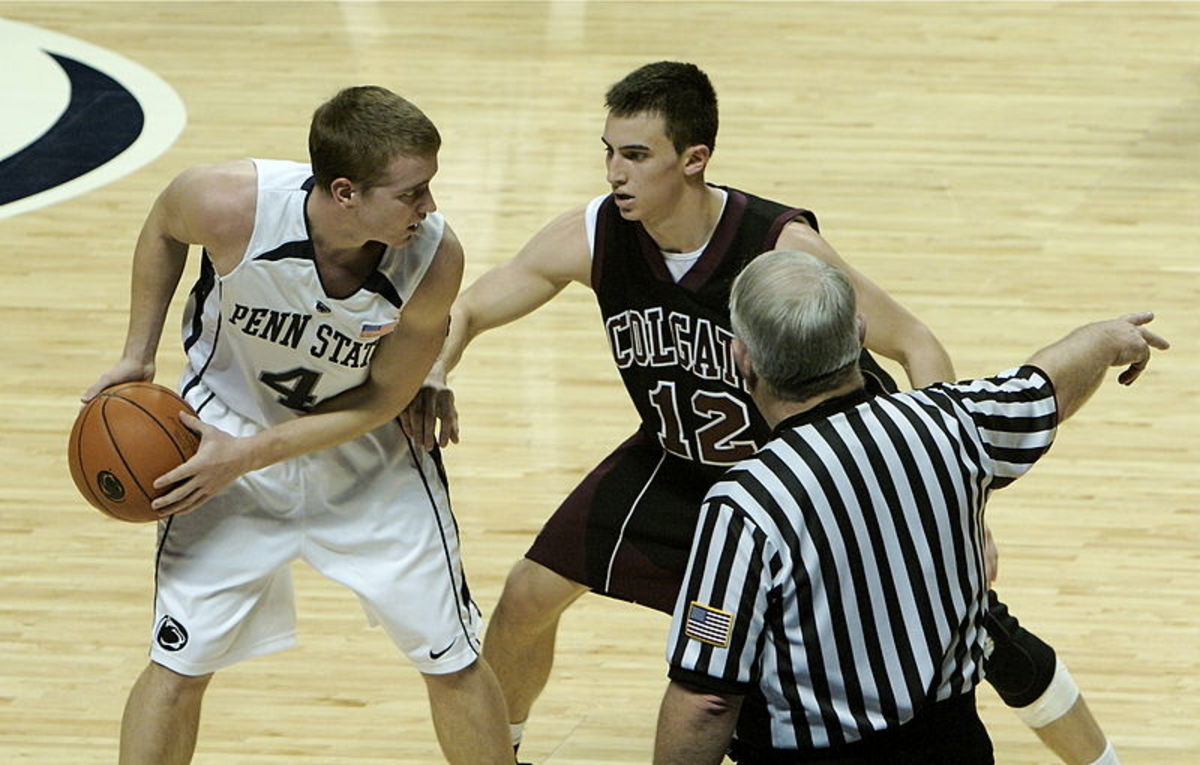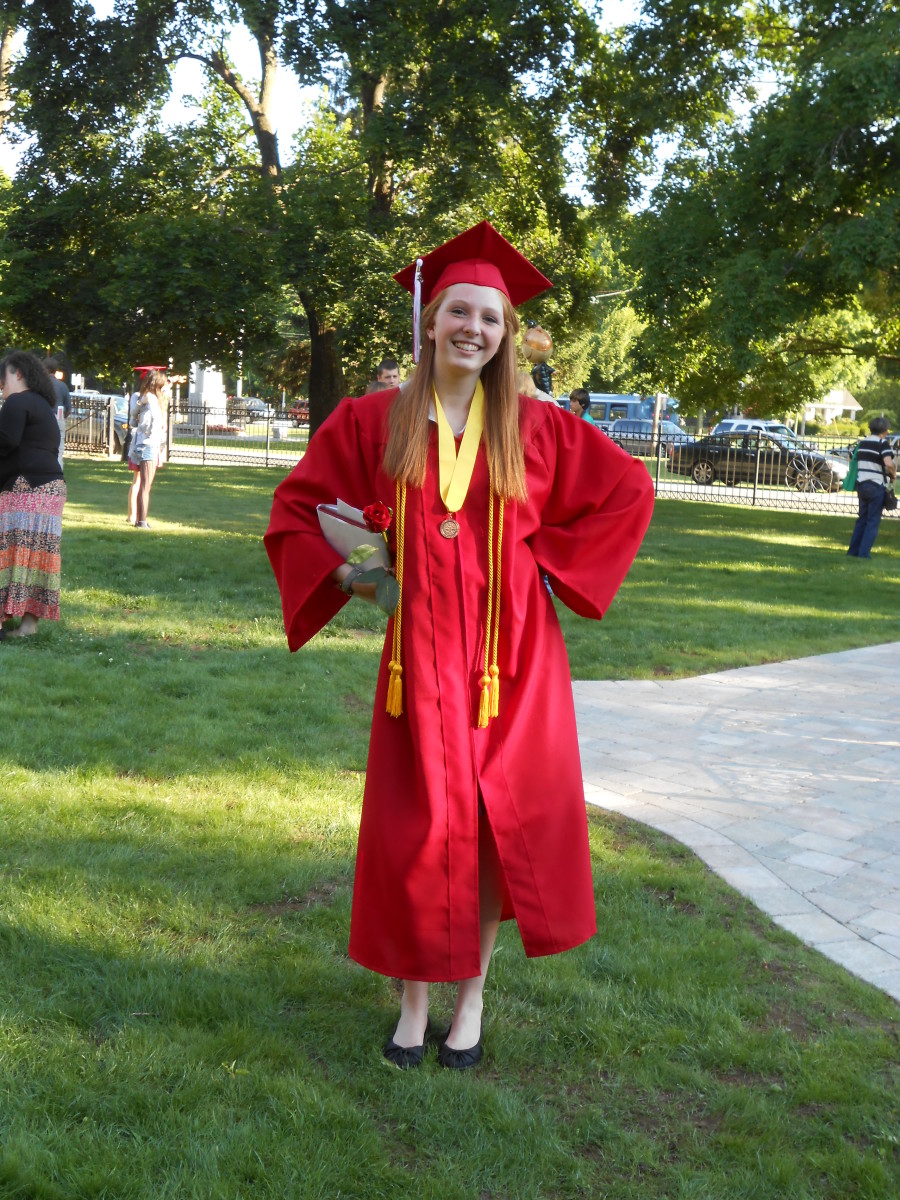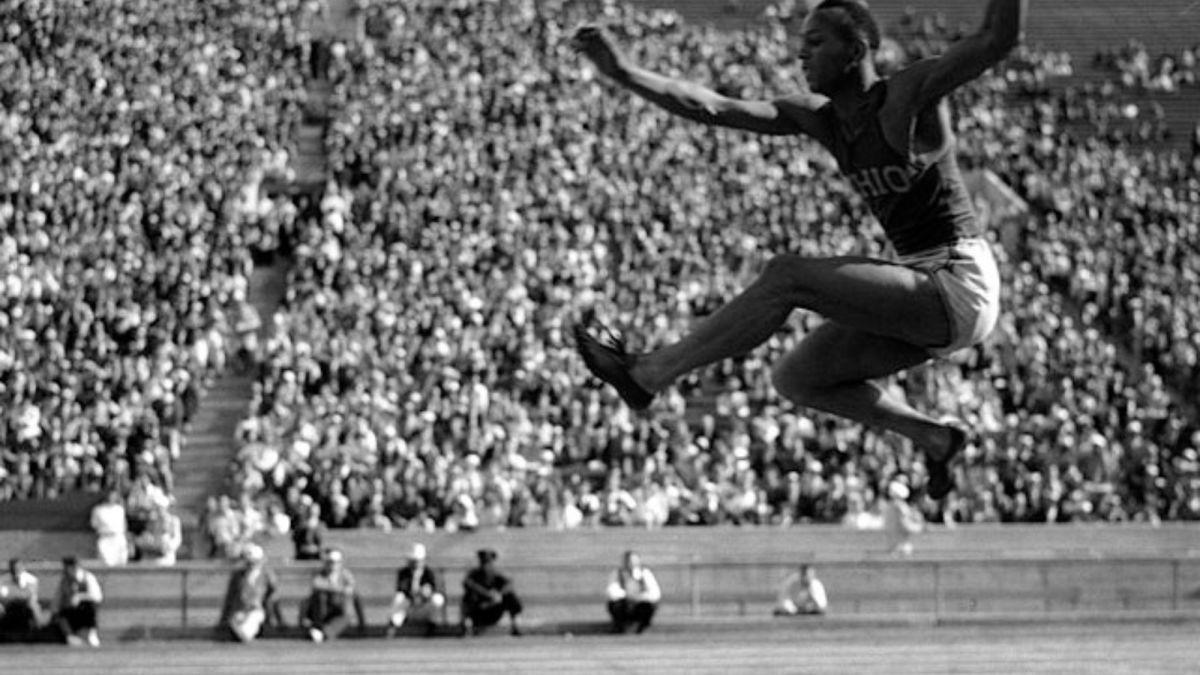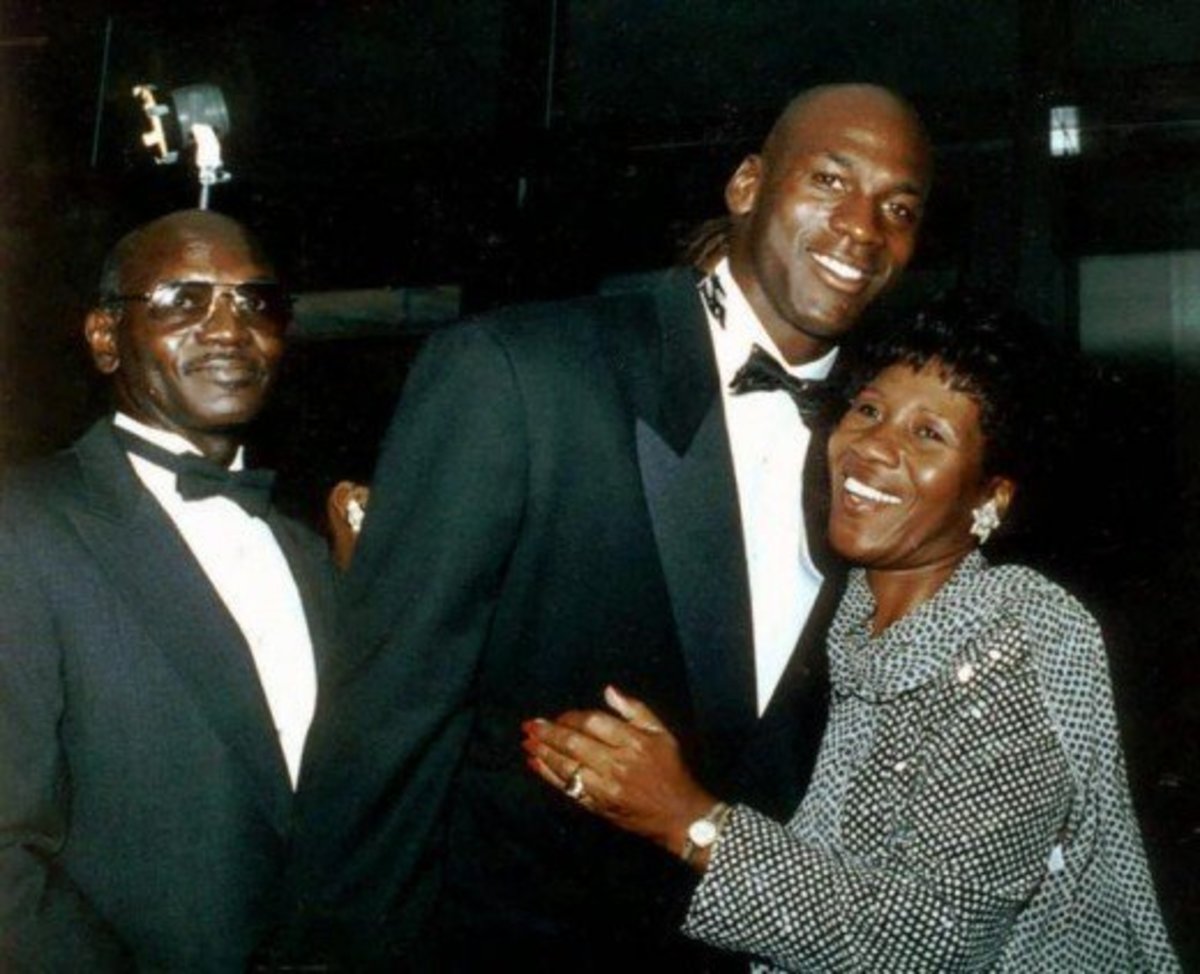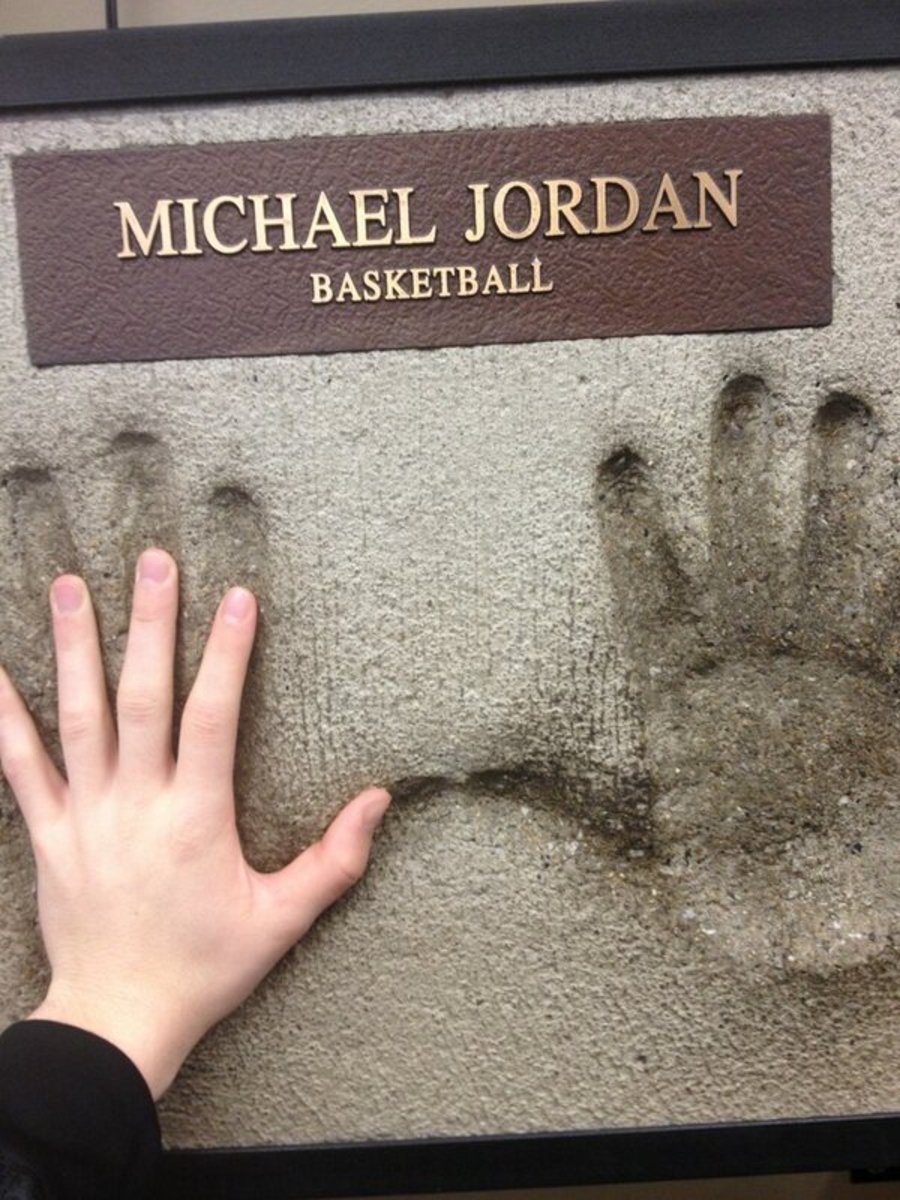Paying College Athletes is a Bad Idea
The Ed O'Bannon class action lawsuit against the NCAA has brought the issue of potentially paying student athletes beyond the cost of tuition, room, board, and books to the forefront of collegiate sports arguments. Current and former NCAA student athletes and sports commentators, most recently including Arian Foster of the Houston Texans and ESPN's Mike Greenberg and Jay Bilas, have been arguing for several years that players should receive portions of NCAA revenues. While such a change is extremely unlikely to ever occur and may actually be impossible, if it did happen it could significantly damage college sports a we know it.
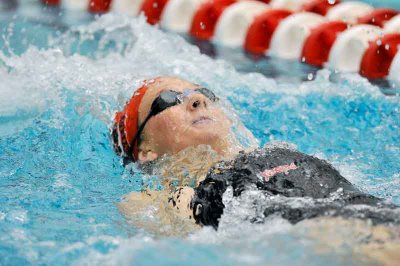
Questionable math is being done inside of people's heads
The belief that athletic programs are highly profitable is, in many cases, incorrect. Keep in mind that keeping 85 players on football scholarships alone can cost a private college well over four million dollars per year just in basic room, board, and educational expenses. Less than two years ago, the University of Maryland was forced to cut multiple sports programs from its budget - despite being a member of the ACC, which has reasonably lucrative broadcasting contracts. Also, with the economy forcing many states to cut funding to state institutions, some universities are dependent on any additional money generated by athletic programs to merely stay afloat. Paying student athletes money that colleges don't really have to spend could result in some schools dropping athletics, or at least a significant number of athletic scholarships, in order to eliminate exorbitant costs.
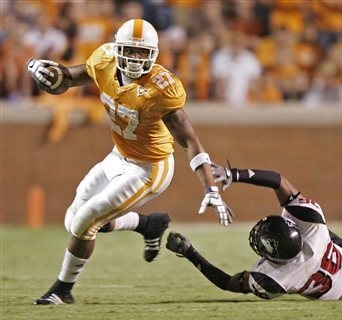
The idea that student athletes aren't being compensated now is misleading
Arian Foster recently attacked the NCAA for it's policy not to pay student athletes in addition to providing room, board, tuition, and books. Those statements were not entirely accurate, and present just the sort of misleading argument fueling the current push for additional compensation.
Among the most inflammatory of Foster's statements was a scenario where "I really didn't have any money. I had to either pay the rent or buy some food." Scholarships for football players pay for on campus housing as well as meals on campus seven days a week (there are weekend dining options on UT's meal plans). If Foster was living off campus, that was an extravagance many students are never afforded in college. It makes no sense for colleges to pay for student athletes to live off campus, where expenses can be much higher and where it is much easier to get into trouble. Also, essentially threatening an assistant coach with "I don't know what I might do" to force him to bring food to an off campus apartment should have never been necessary with current "full ride" scholarship provisions.

The reality is that a student that comes from a family that is unable to help pay for tuition can graduate from a public university with over fifty thousand dollars in debt; if that same student attends a private college, that number can top two hundred thousand. That is what can be referred to as crippling debt, the type that can make it impossible for someone to start a life of their own. For student athletes that received full scholarships, that problem simply does not exist. Also, any notoriety they may have gained can also be a huge advantage in finding a job. While it isn't exactly the same as being paid, it is a form of compensation, and it allows student athletes to begin their adult lives in a substantially better position than their paying counterparts.
If you think transfers are a problem now...
Imagine if student athletes were allowed individual advertising contracts. The best athletes would understandably want to attend schools where they would be more likely to be on television, specifically schools in Major/BCS conferences that have larger broadcasting deals. Any player that had a strong season at a school with limited media exposure would immediately want to transfer, and because of the money involved it would be impossible for the NCAA to infringe upon their right to do so. In all likelihood, even the current one year penalty would not hold up in court. Under such a system, small conferences would become the minor leagues of college athletics.
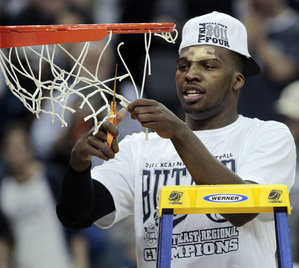
Say goodbye to the best parts of the NCAA Tournament
A system that marginalized small conferences might be palatable in college football, where the BCS system has basically excluded those schools for years. However, in many ways the opposite is true in college basketball, where many of the best storylines each March involve how much success small conference teams are able to achieve. Butler had a very real chance to win back to back titles, and multiple small conference schools reach at least the Sweet Sixteen each year. If players at those schools never stay through their senior years, that would no longer be a possibility. Division I basketball would, as many college basketball analysts already seem to desire, need to be contracted substantially from the current 351 schools (which is admittedly becoming an absurd number).
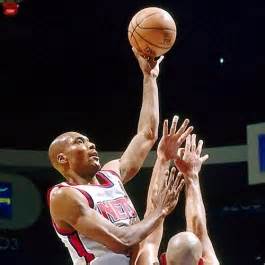
Most of the best college athletes will never be professional stars (Ed O'Bannon is a prime example); they are good but not great players benefiting from a diluted NCAA talent pool. College provides them with their only real opportunity to be stars, even if it is on a smaller scale. They are also receiving the free version of what is in many cases a very expensive education. To say that those compensations are inadequate is to completely misunderstand how much of an advantage they really are. All of this conjecture is really a moot point; the reality is that the terms of athletic scholarships are dictated by the colleges themselves, and they will never include terms that would prove self destructive.

